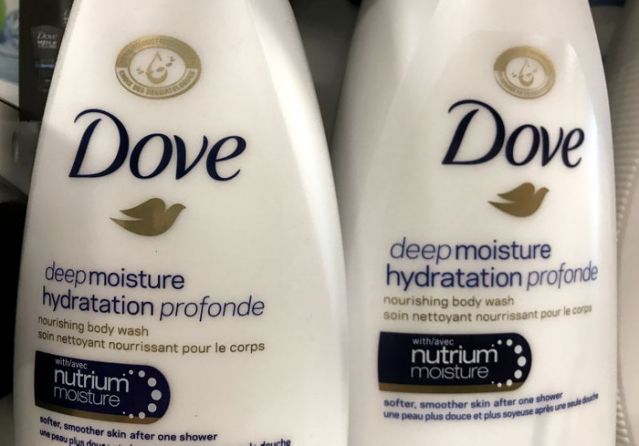Dove soap maker Unilever will remove the word “normal” from its beauty and personal care products, as well as stop digital alterations of body shapes and skin colour of models used in its advertising in a push to be more inclusive.
The move from the company, which is one of the top advertisers in the world, comes as it tries to move beyond the backlash it has faced for some of its advertising campaigns.
Unilever was pushed to rename its top selling skin-lightening brand in India to “Glow & Lovely” from “Fair & Lovely” last year after facing consumer ire over negatively stereotyping darker skin tones.
“With one billion people using our beauty and personal care products every day, and even more seeing our advertising, our brands have the power to make a real difference to people’s lives. As part of this, we are committed to tackling harmful norms and stereotypes and shaping a broader, far more inclusive definition of beauty,” says Sunny Jain, President of Unilever Beauty & Personal Care.
“We know that removing ‘normal’ from our products and packaging will not fix the problem alone, but it is an important step forward. It’s just one of a number of actions we are taking as part of our Positive Beauty vision, which aims not only to do less harm, but more good for both people and the planet.
“With more consumers than ever rewarding brands which take action on the social and environmental issues they care about, we believe that Positive Beauty will make us a stronger, and more successful business,” Sunny adds.
Globally, more than a hundred Unilever brands will have the word “normal” removed to describe skin type or hair texture, and replaced with terms such as “grey hair” for shampoos or “moisture replenish” for skin creams by March next year.
Unilever said a poll it conducted of about 10,000 people globally showed that more than half the respondents felt using “normal” to describe hair or skin made people feel excluded, while 70% said using the word in advertising had a negative impact.
The company also said it would stop digitally altering body shape, size, proportion and skin tones of models it uses in its own advertisements, or those of its paid influencers across all its brands, a move that started with the Dove brand in 2018.







